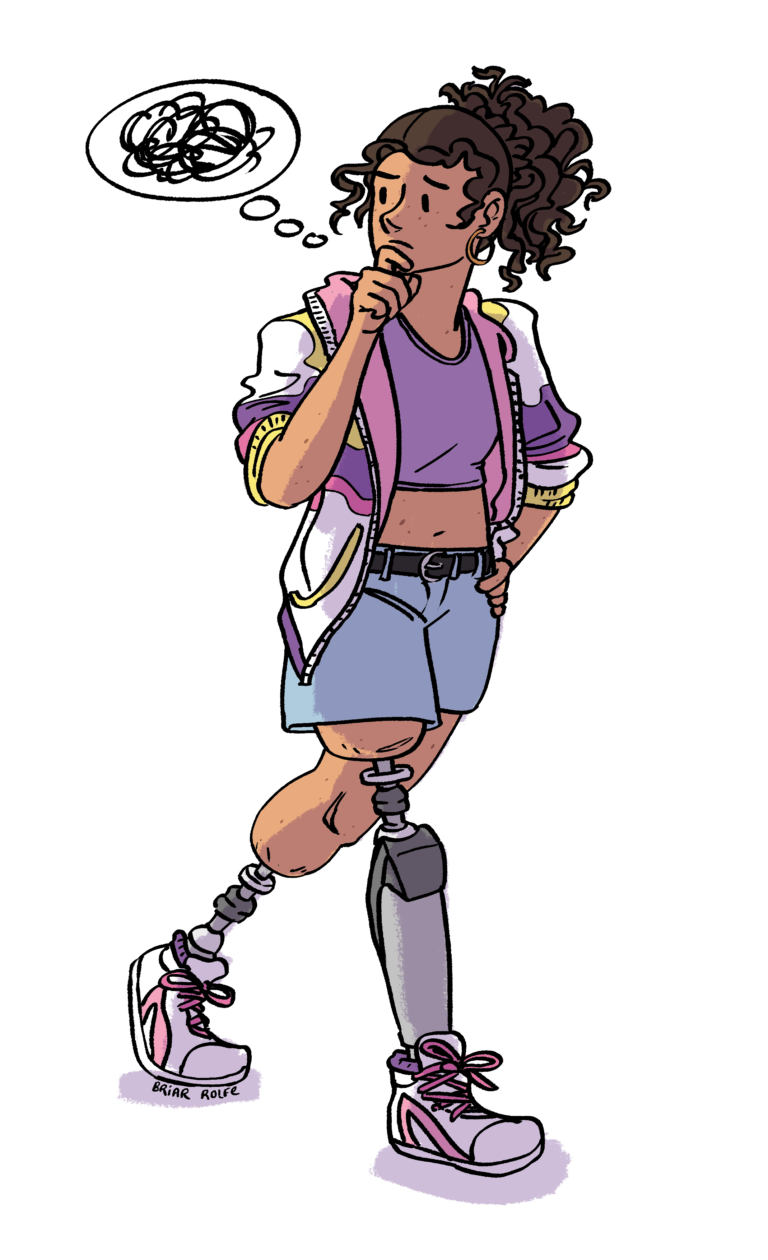After you make a complaint to an NDIS service provider
Your problem might be fixed right after you make a complaint. If not, here’s what might happen next…
Your NDIS service provider should listen to your complaint and take it seriously.
They should try to understand what has gone wrong and work with you to find a solution.

Getting a response
Your NDIS service provider should respond soon after you make a complaint.
They might ask you some questions or want to talk more with you to understand what happened.
They should let you know what they are doing to fix the problem and how long it might take.
If you are in an unsafe situation, they should let you know what they will do immediately to keep you safe.
Meeting with your service provider about a complaint
Your NDIS service provider may ask to meet with you to understand your complaint and how to fix the problem.
You can choose to meet in person, by phone, or on a video call. You can bring someone you trust to support you.
During the meeting, they might ask you to:
-
Explain what happened
-
Share any evidence
-
Say how the problem affects you
-
Tell them what you want to happen
They might also talk about:
-
How they will look into the issue
-
Different ways to fix it
-
How they can work with you to find a solution
You can answer in the meeting or take time to think and respond later. If you feel pressured, it’s okay to say, “I feel uncomfortable and need more time.”
After the meeting, ask your service provider to send you a summary of what was said. This helps keep a clear record.

If you use Auslan, you can share this video with your NDIS service provider.
Maya, a Deaf young person, explains how to work with Auslan interpreters.
Sharing this video with your NDIS service provider before your complaints meeting can help them make sure the meeting is accessible for you.

If you are treated badly because you made a complaint
It is against the law for the person or NDIS service provider you’re making a complaint about to treat you differently or badly because you made a complaint. This is called protection against retaliation.
Types of retaliation are:
- Being denied services
- Being treated unfairly
- Harassment
- Losing services
- Harm to your reputation
If you experience retaliation from an NDIS service provider, you should report it to the NDIS Commission.
If the retaliation is about an experience of disability discrimination, you should report it to the Human Rights Commission.
Check out our fact sheet for more information.
What to do if you’re unhappy with the outcome
Hopefully, your problem gets fixed after you make a complaint to your NDIS service provider—but sometimes, that doesn’t happen. If you’re not happy with the outcome, here are some steps you can take.
Next steps you can take
You still have options—and people who can help.
- Let them know that the problem still isn’t fixed.
- Ask if there’s something else they can try or if they need more time.
- Be firm—don’t let them ignore the issue.
You don’t have to deal with this alone. A trusted adult, advocate, or support person can help you figure out what to do next.
Remember:
- You can ask for help as many times as you need.
- You can ask multiple people—you don’t have to rely on just one person.
Visit our Where to get help webpage for people and services who can help.
The NDIS Commission is an organisation that supports NDIS participants to be safe when you use NDIS supports.
You can make a complaint to the NDIS Commission when you are unhappy with the outcome of a complaint to your service provider.
You can also complain directly to the NDIS Commission if you do not feel comfortable contacting your service provider about a problem.
Stay safe
Call 000 if you are in danger now. If someone is hurting you or you feel unsafe, tell someone you trust as soon as you can.
You can also contact Kids Helpline anytime on 1800 55 1800 or chat to them on the Kids Helpline website. They provide free support to people who are 25 years old or younger. No problem is too big or too small.
Kids Helpline has also created a guide to staying safe when leaving right away isn’t an option.